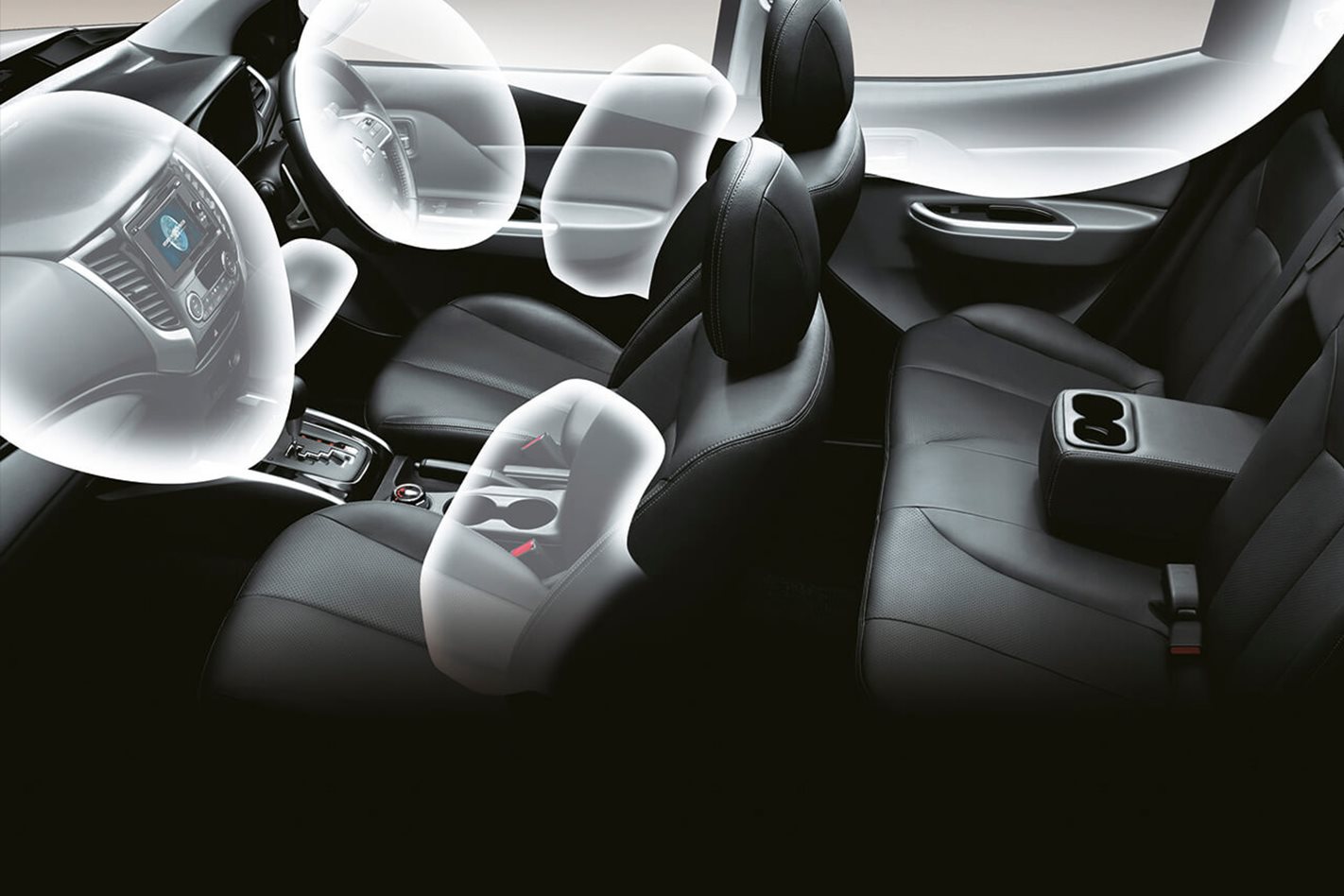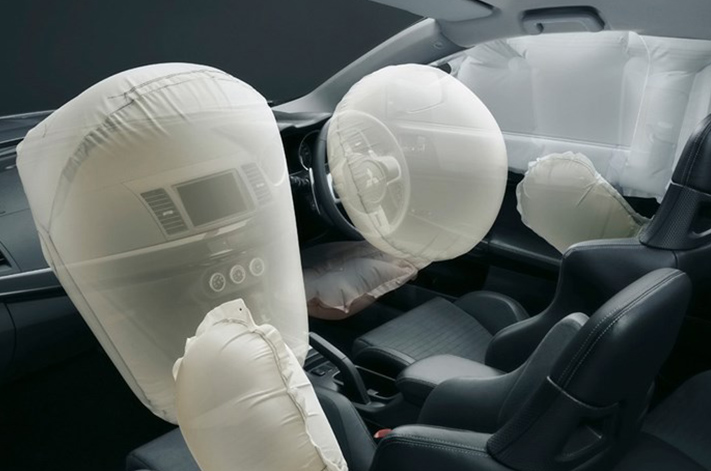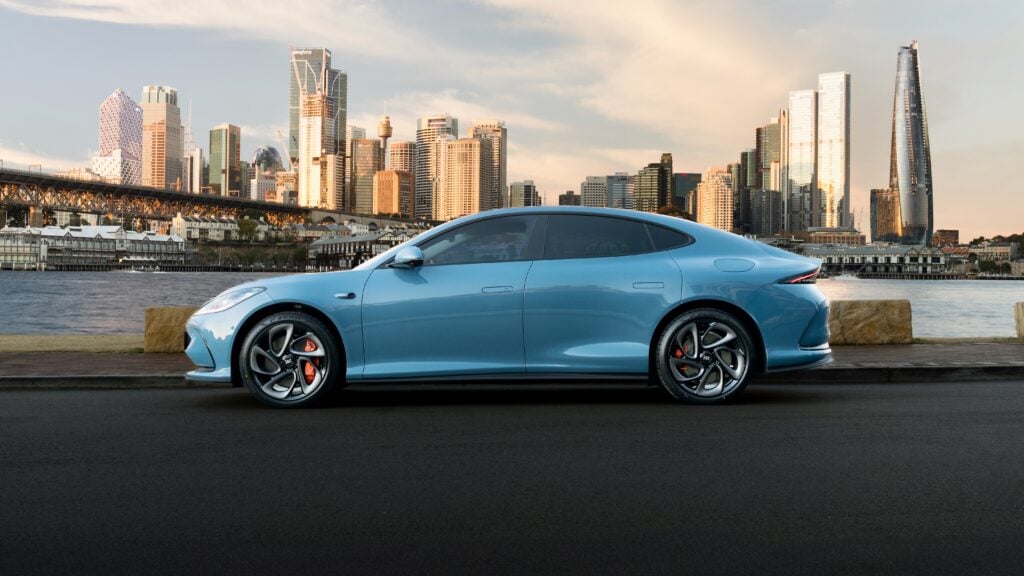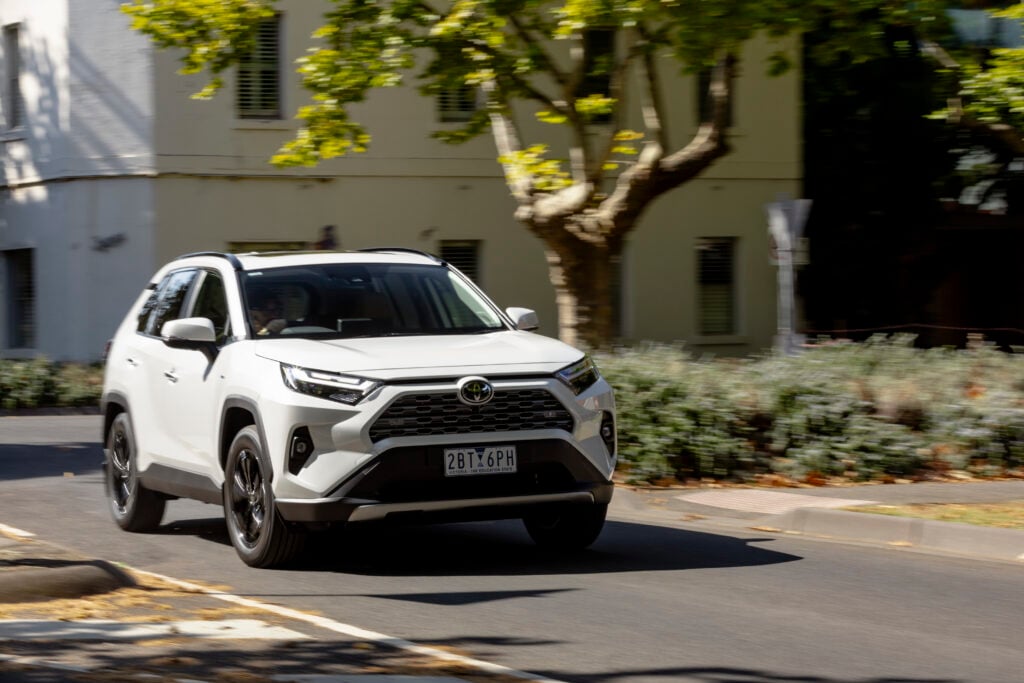
There appears to be no end in sight for the snowballing global Takata airbag recall with more vehicles continuing to join the lengthy list following the discovery of the problem in 2013.
At the start of the year, the number of vehicles affected in Australia was nudging two million but since then Subaru and Toyota have extended their lists, taking the tally of locally impacted cars to 2,141,000, but what is all the fuss about?
Here’s why you should not delay in getting the potentially defective components replaced if your car is one of the identified vehicles.
The item in question is the airbag inflator module – the device that instantly generates gas to fill the fabric bag in the event of a serious collision increasing the occupant’s chances of avoiding injury.
Ironically though, a manufacturing defect compromised the composition of a large batch of the units, which can actually fatally injure occupants in a crash.
When the vehicle is involved in an impact significant enough to trigger an airbag, an electrical signal is sent to the inflator, which ignites a small amount of propellant. The resulting gas is the ‘air’ that inflates the bag.

However, the faulty manufacturing process failed to adequately seal the metal canister that contains the propellant, which under certain circumstances allows atmospheric moisture to enter the unit and contaminate the combustible chemicals.
Instead of a relatively slow and controlled burn, the compromised propellant is unstable and combusts violently. The pressures generated are sufficient to rupture the metal casing and, in the worst cases, eject shrapnel through the vehicle cabin.
No injuries have been reported in Australia regarding the potential component failure, but overseas more than 10 fatalities have been attributed to the exploding inflator modules and with about 70 million inflators in circulation around the world, the potential hazard is still present in many cars.
So what should you do? In Australia, BMW, Chrysler, Ferrari, Ford, Honda, Jeep, Lexus, Mazda, Mitsubishi, Nissan, Subaru and Toyota have all identified vehicles that may contain the faulty components and are contacting owners of affected cars.
If you are notified that your car may be impacted, book it in at an authorised service centre where the module will be replaced at no cost to you.
If you are concerned that your vehicle might be included in the recall but you have not yet heard from the respective car maker, a full list of the affected vehicles can be found on the Australia Competition and Consumer Commission (ACCC) website under the Product Safety section.
The good news is that the modules cannot spontaneously ignite and have to be triggered by the vehicle’s safety restraint system in the event of a collision, so if your vehicle has been identified, don’t delay in getting the potentially problematic part changed.





